Northwest Florida Sentinel Landscape
-
Florida
-
Established 2022
About
Situated in Florida’s panhandle, the unique coastal geography of the Northwest Florida Sentinel Landscape contains rural and agricultural lands, iconic longleaf pine forests, and threatened and endangered species habitat. The landscape is also home to nine military installations and ranges: Eglin Air Force Base, Tyndall Air Force Base, Naval Air Station Pensacola, Naval Air Station Whiting Field, Naval Support Activity Panama City, Eglin Gulf Test and Training Range, Hurlburt Field, Saufley Field, and Corry Station. These installations are integral to military training, weapons testing, special operations, joint cyber warfare, and aviation pilot training for the Air Force, Navy, Marine Corps, and Coast Guard. The coastal installations in Northwest Florida are ideally located with direct access to special use airspace over the Eglin Gulf Test and Training Range for testing and training.
In addition to high-priority military operations areas and restricted airspace, the landscape contains the Apalachicola National Forest, Blackwater River State Forest, St. Marks and St. Vincent National Wildlife Refuges, Gulf Islands National Seashore and the congressionally designated Florida National Scenic Trail. These public lands provide public recreation opportunities and habitat for Federal and state listed threatened and endangered species such as the red cockaded woodpecker, gopher tortoise, Eastern indigo snake, and frosted and reticulated flatwoods salamanders.
In 2022, a coalition of local, regional, state, and Federal partners came together to establish the Northwest Florida Sentinel Landscape Partnership to sustain the military missions, improve regional sustainability, retain working agriculture and forestry lands, and protect natural resources and endangered species. The partnership was built on existing efforts in the region and continues to advance shared goals in adjacent, unprotected areas.
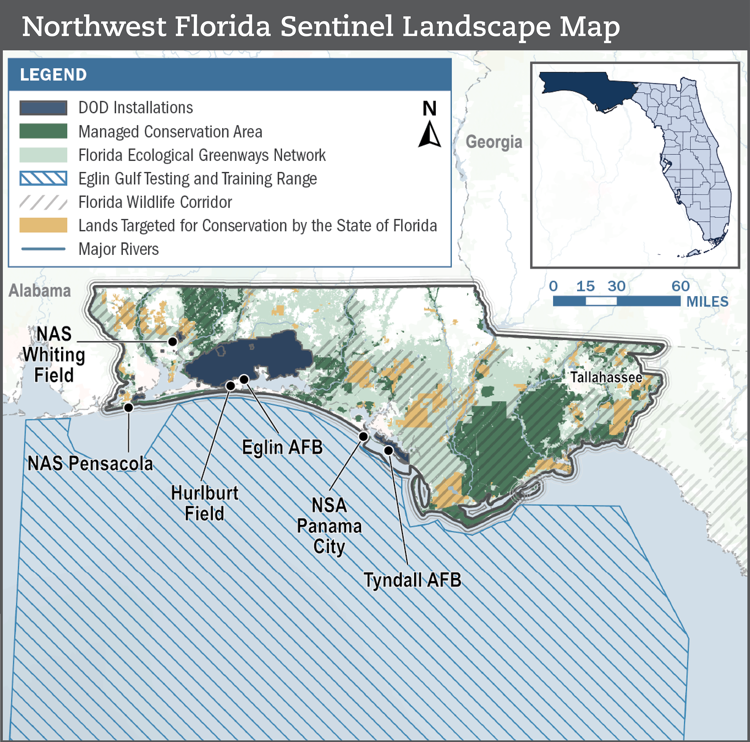
Total Funding by Partner
| Partner | FY2022 | FY2023 |
|---|---|---|
| USDA | $0.00M | $5.56M |
| DOW | $0.00M | $0.00M |
| DOI | $2.82M | $1.26M |
| State | $12.09M | $24.76M |
| Local | $0.00M | $16.20M |
| Private | $2.20M | $0.68M |
| DoD | $9.57M | $2.55M |
Total Acres Protected and Enrolled
| Acres Protected (Since Designation) | 30075 |
|---|---|
| Acres Enrolled (During FY23) | 134618 |
Our Partners
Federal Partners
- U.S. Air Force – Air Force Civil Engineer Center
- U.S. Air Force – Eglin Air Force Base
- U.S. Air Force – Hurlburt Field
- U.S. Air Force – Tyndall Air Force Base
- U.S. Department of Agriculture – U.S. Forest Service
- U.S. Department of the Interior – Fish and Wildlife Service
- U.S. Department of War
- U.S. Navy – Naval Air Station Pensacola
- U.S. Navy – Naval Air Station Whiting Field
- U.S. Navy – Naval Support Activity Panama City
- USDA – Natural Resources Conservation Service
State Partners
- Emerald Coast Regional Council
- Enterprise Florida (EFI)
- Florida Defense Alliance (FDA)
- Florida Defense Support Task Force (FDSTF)
- Florida Department of Agriculture and Consumer Services – Florida Forest Service
- Florida Department of Agriculture and Consumer Services – Office of Agricultural Water Policy
- Florida Department of Economic Opportunity – Bureau of Community Planning and Growth
- Florida Department of Environmental Protection – Division of State Lands
- Florida Fish and Wildlife Conservation Commission
- Northwest Florida Water Management District
- RIDER Center, Florida A&M University-Florida State University College of Engineering
- Southeast Regional Partnership for Planning and Sustainability (SERPPAS)
- Suwannee River Water Management District
Local Partners
- Apalachicola Regional Stewardship Alliance
- Choctawhatchee Bay Estuary Program
- Gulf Coastal Plain Ecosystem Partnership
- Mid-Bay Bridge Authority
- Pensacola and Perdido Bays Estuary Program
- Regional Recreation Economy Alliance
- Southeast Conservation Adaptation Strategy
- Strategic Conservation Assessment of Gulf Coast Landscapes
- Tri-County Defense Support Initiative
- West Florida Defense Alliance
Private Partners
- American Forest Foundation
- Audubon Society Chapters – Apalachee
- Audubon Society Chapters – Bay County
- Audubon Society Chapters – Choctawhatchee
- Audubon Society Chapters – Francis M. Weston
- Community Training Works
- Conservation Florida
- Defenders of Wildlife
- Florida Forestry Association
- Florida Natural Areas Inventory
- Florida Trail Association
- Florida Wildlife Federation
- Longleaf Alliance
- National Wildlife Federation
- Nokuse Plantation & E.O. Wilson Biophilia Center
- Resource Management Service, LLC
- Tall Timbers Research Station and Land Conservancy
- The Conservation Fund
- The Nature Conservancy
- Trust for Public Land
Resources
-
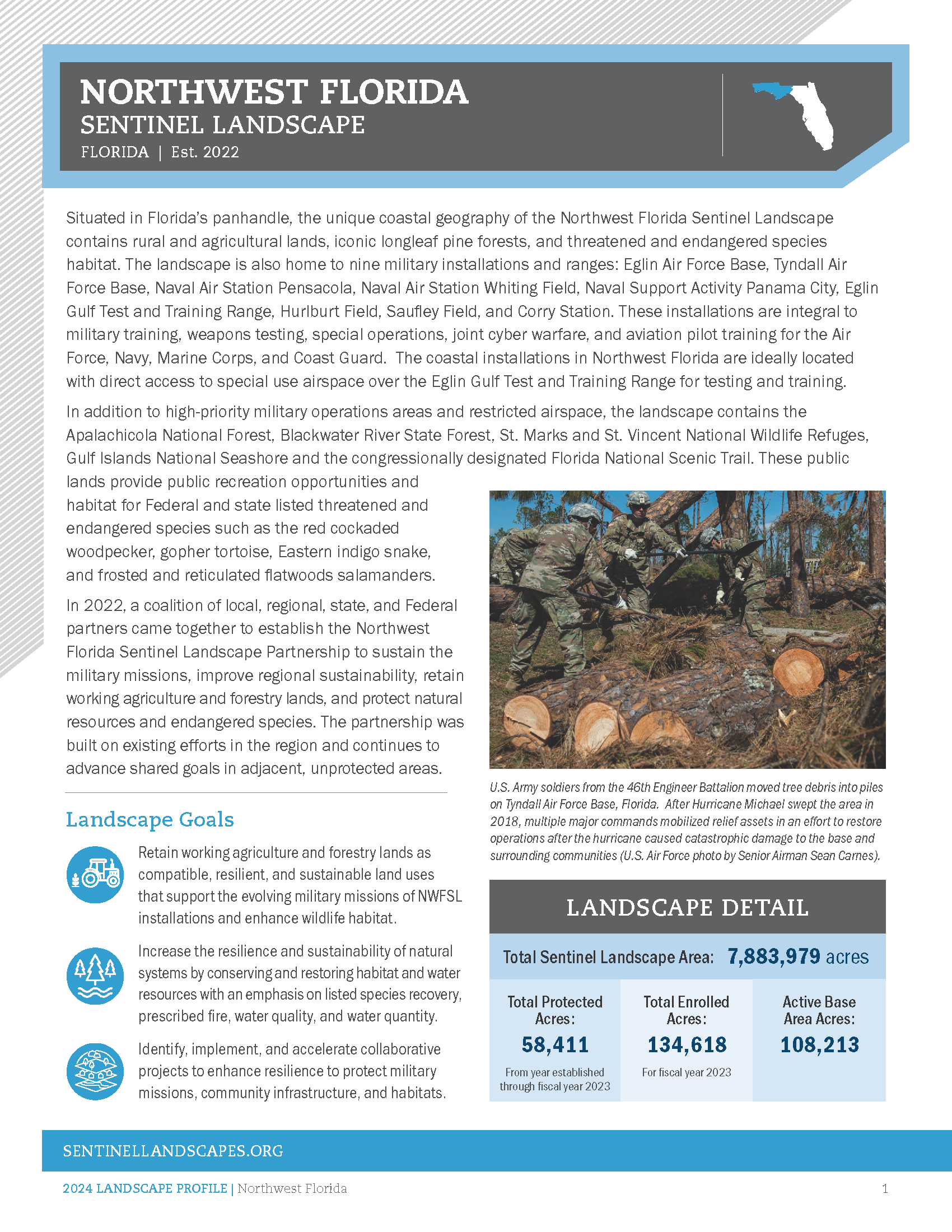
Northwest Florida Sentinel Landscape Profile
Meet the Coordinators
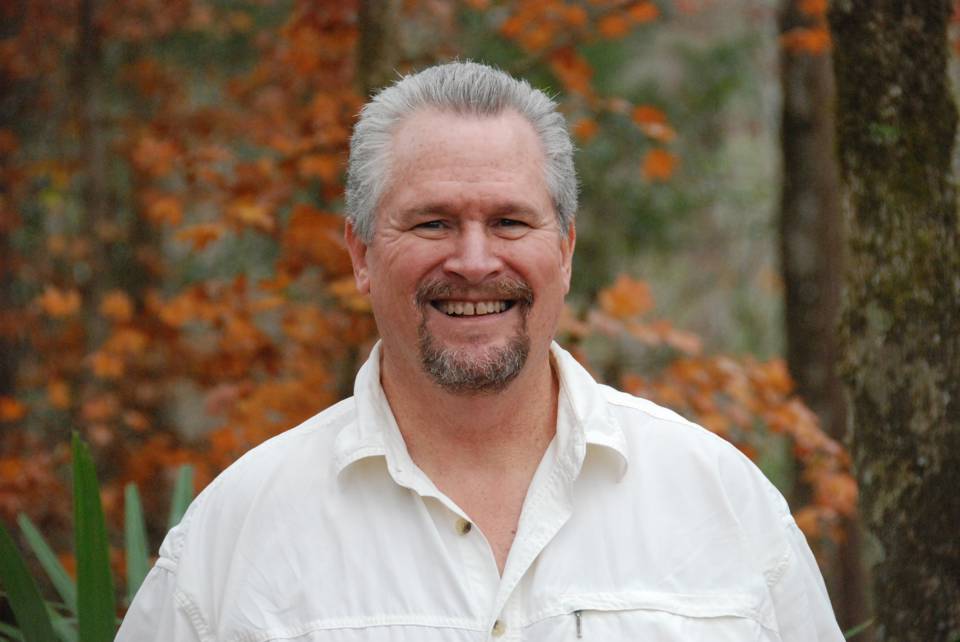
Kent L. Wimmer, AICP
Kent Wimmer is the Coordinator for the Northwest Florida Sentinel Landscape. He is also Defenders of Wildlife’s Senior Northwest Florida Representative advocating for protecting landscapes and wildlife habitats. Kent has been involved in planning, advocating, and protecting greenways and conservation lands in Florida for over 30 years with federal, state, and local agencies and private organizations. He is a member of the American Institute of Certified Planners, and he earned a M.S. in Environmental Planning from Florida State University and a B.S. in Natural Resources from Ball State University.
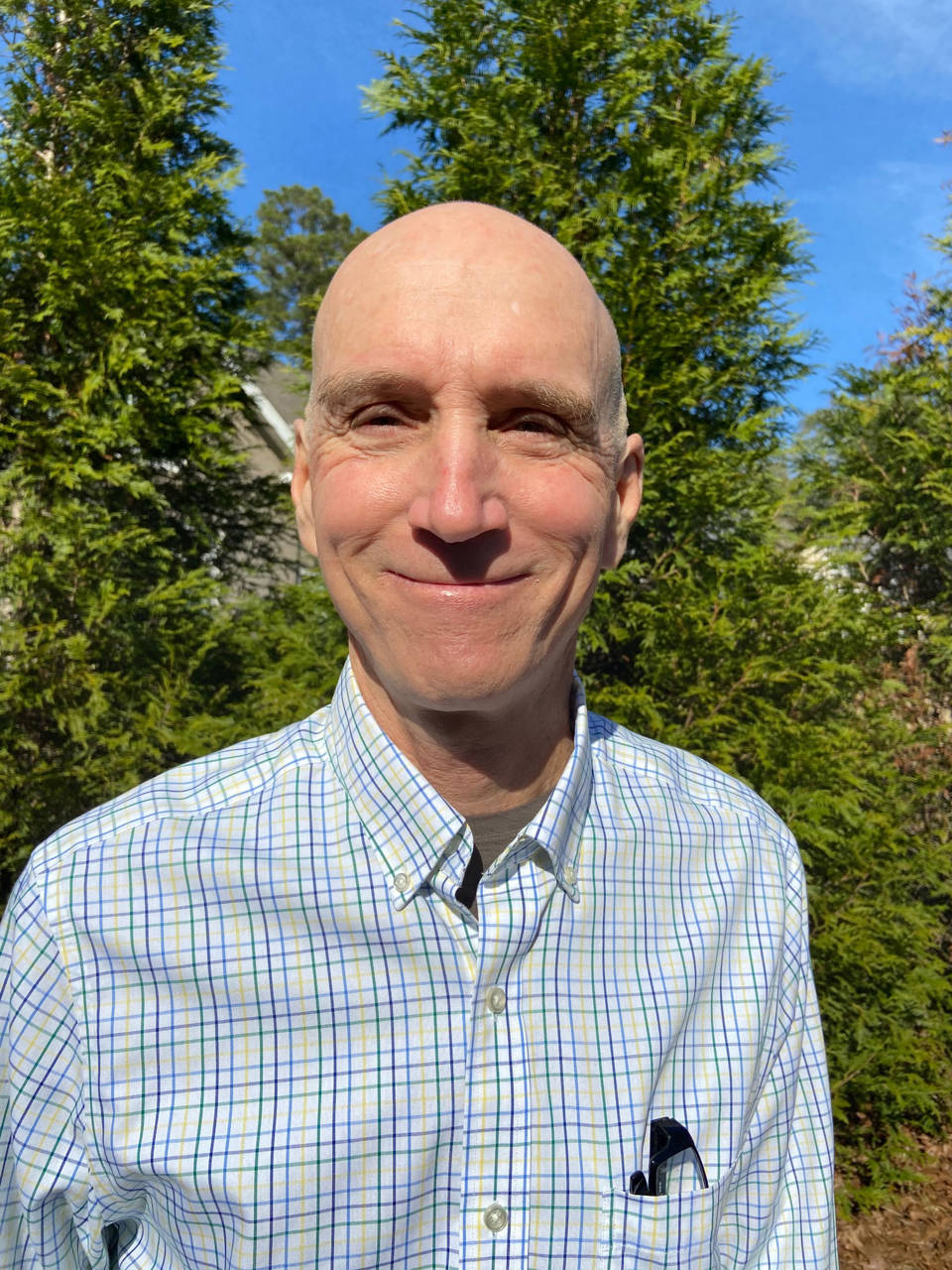
David Wolfe
dwolfe-consultant@defenders.org
David Wolfe is the Private Lands Stewardship Coordinator for the Northwest Florida Sentinel Landscape. He received a Master’s degree in Ecology from the University of Georgia in 1992 and then worked for 28 years in the private conservation sector, first with The Nature Conservancy and then with Environmental Defense Fund. David has vast experience working with public and private landowners, scientists, and diverse stakeholders to design and implement programs to restore, conserve, manage, and monitor habitats for at-risk species. He has worked extensively with regulatory assurance, financial incentive, and market-based programs for species recovery. He is excited to put this experience, as well as recent knowledge he has gained in systems thinking and social science, to work in achieving ambitious private lands goals in the Northwest Florida Sentinel Landscape.
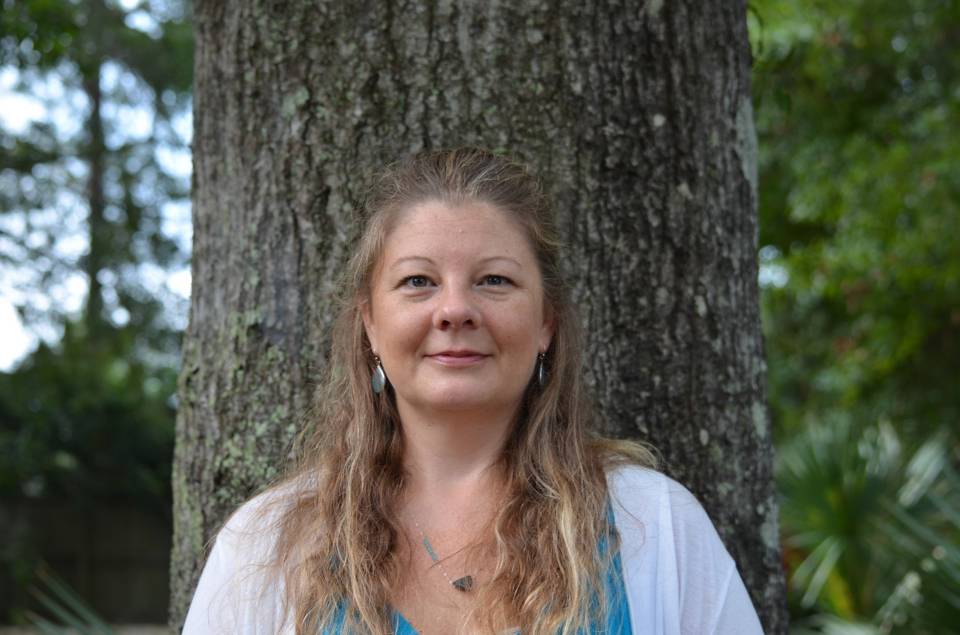
Joy Brown
Joy Brown is the Resilience Specialist for the Northwest Florida Sentinel Landscape. Joy collaborates closely with partners and supporters to identify, implement and accelerate collaborative projects to enhance landscape resilience to protect military missions, community infrastructure and habitats. Brown is coordinating a resilience needs assessment, producing a collective database of projects/partner capacity and accomplishments and providing capacity and support for our partners pursing synergies for funding initiatives and projects. This support focuses on soliciting proposal concepts, convening, and supporting partnerships for proposals, and coordinating and supporting the development and submission of collaborative proposals for near-term resilience projects to enhance landscape resilience for our military installations, infrastructure and ecosystems. She is a native of Walton County and earned her master’s degree from the University of West Florida in Biological Sciences & Coastal Zone Processes. Before joining the NWFSL team, Joy had 15 years of experience with The Nature Conservancy in South Carolina installing resilience projects, coordinating, and leading planning efforts, acquiring grant funds in collaboration with partners and building relationships with military installations.